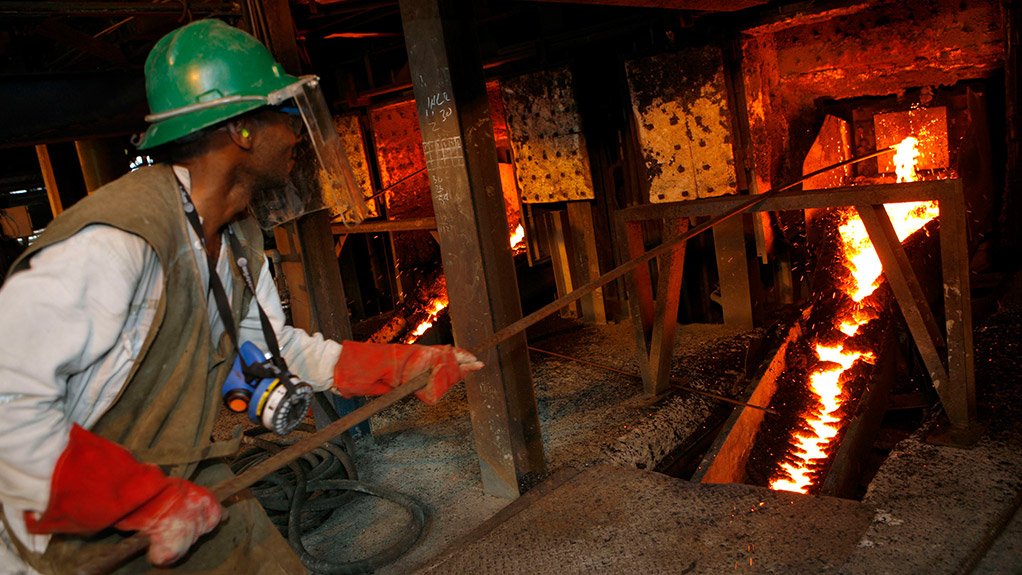PRETORIA (miningweekly.com) – Governments of labour-sending and -receiving countries had to jointly take responsibility for the proper distribution of benefits to former migrant mineworkers, Swaziland Ministry of Labour and Social Security occupational health specialist Dr Cleopas Sibanda said on Thursday.
Speaking at a regional dialogue hosted by the Southern Africa Trust and the Ford Foundation, in conjunction with the Southern Africa Miners Association, in Pretoria, Sibanda said the Swaziland and South African governments had to jointly commit to holistically look into and provide permanent solutions to the plight of migrant mineworkers, and migrant workers in general, stating that this responsibility could not be left to mining companies or trusts.
He pointed out that where there was legislation in place to ensure that benefits were distributed, it was the responsibility of government to ensure that this legislation was properly implemented.
For this reason, Swaziland had drafted a Swaziland–South Africa memorandum of understanding (MoU) on employment and labour issues with accompanying specific joint bilateral technical cooperation agreements. These would address the challenges in the spheres of labour migration, conditions and benefits of employment, as well as workmen’s compensation and occupational health, Sibanda said.
He added that this MoU was currently being considered by the Swaziland government, after which it was expected to be presented to the South African government at the end of March.
Also speaking at the regional dialogue, the Lesotho Ministry of Labour and Employment’s Agatha Romanate pointed out that Lesotho currently had a MoU in place with South Africa, which included an agreement on the portability of social benefits.
“[However], while South Africa agreed to transfer [mineworkers’] benefits that fall under the Department of Labour (DoL) [to the Lesotho government], occupational health benefits do not fall under the DoL but rather under the Department of Health (DoH), which creates challenges,” she said.
Romanate added that the Lesotho Ministry of Labour and Employment also had the added challenge of not being able to communicate with the DoH directly.
“We have to either work through [South Africa’s] DoL to communicate with its DoH, or we have to go through our Department of Health,” she explained.
Meanwhile, Sibanda emphasised that the challenges relating to the transfer of benefits had to be resolved to ensure that the past challenges of migrant labour did not become future problems as well.
“We have to prevent the current system from creating the same past problems that we are trying to solve,” he stated.
EMAIL THIS ARTICLE SAVE THIS ARTICLE
To subscribe email subscriptions@creamermedia.co.za or click here
To advertise email advertising@creamermedia.co.za or click here











